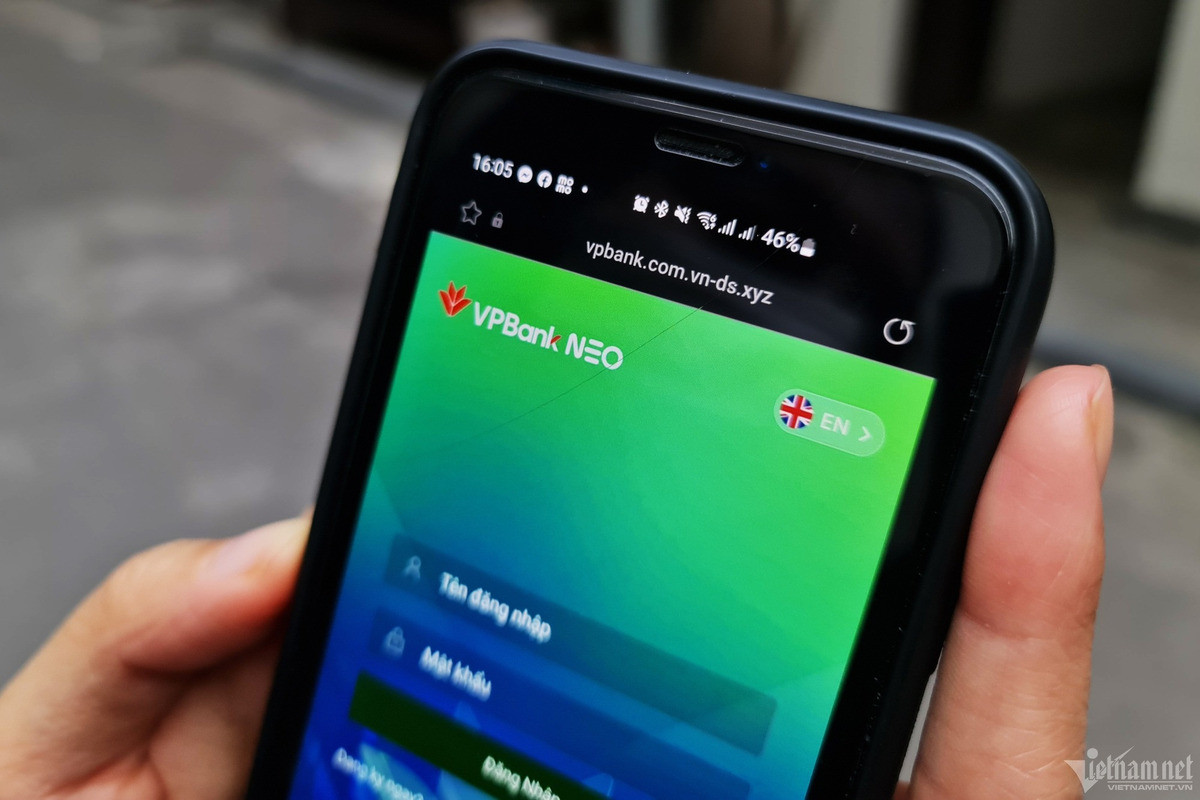
In its July bulletin about cyberspace scams, the Authority of Information Security (AIS) showed that NCSC (National Cyber Security Center) in July discovered 125 websites impersonating well-known brands, committing fraud online.
Of the 125 newly discovered websites, 52 impersonated banks, financial institutions and e-wallets, which accounted for 41 percent; while the number of websites impersonating large e-commerce platforms (Lazada, Shopee, Tiki and Sendo) accounted for 37 percent of total impersonated websites found in July.
The list of fake websites also included those impersonating news websites of some state agencies and organizations, such as the General Department of Taxation (GDT), Vietnam Social Insurance, Ministry of Justice, Government Inspectorate and Government Office.
The upward trend in the number of online scams can also be seen in the increase in the number of users’ reports about scams. In July 2024 alone, nearly 6,800 reports were sent to NCSC via canhbao.khonggianmang.vn.
There were around 1,700 complaints and reports a week. The reports showed that the impersonation of the websites of banks and e-commerce platforms still accounted for a large proportion.
According to Viettel Cyber Security, online scams continued to increase in the first months of 2024. Viettel Threat Intelligence discovered 2,400 phishing domain names targeting users and clients of large institutions in Vietnam. The number of phishing domain names increased by 1.2 times compared with the same period last year.
The system also detected and warned about 496 websites that impersonated and illegally used brands of large institutions in Vietnam, an increase of four times over the same period in 2023. Finance and banking led in the number of cyberattacks, with 71 percent of attacks targeting the sector.
Viettel Cyber Security’s experts named the three most popular scam models used by hackers in their attacks in the first months 2024: impersonating services related to credit cards; impersonating agencies and asking people to install malicious Android applications on mobile devices; and impersonating creditors to support capital recovery and recovery of suspended money.
AIS has recommended that units, organizations and businesses scan their information systems to discover websites impersonating them, and give warnings to service users and prevent scam activities.
Experts said users should recognize unsafe signs; use safe browsers; check for secure connections; be cautious with emails and links and do not click on connections in unidentified emails; and use additional authentication methods.
